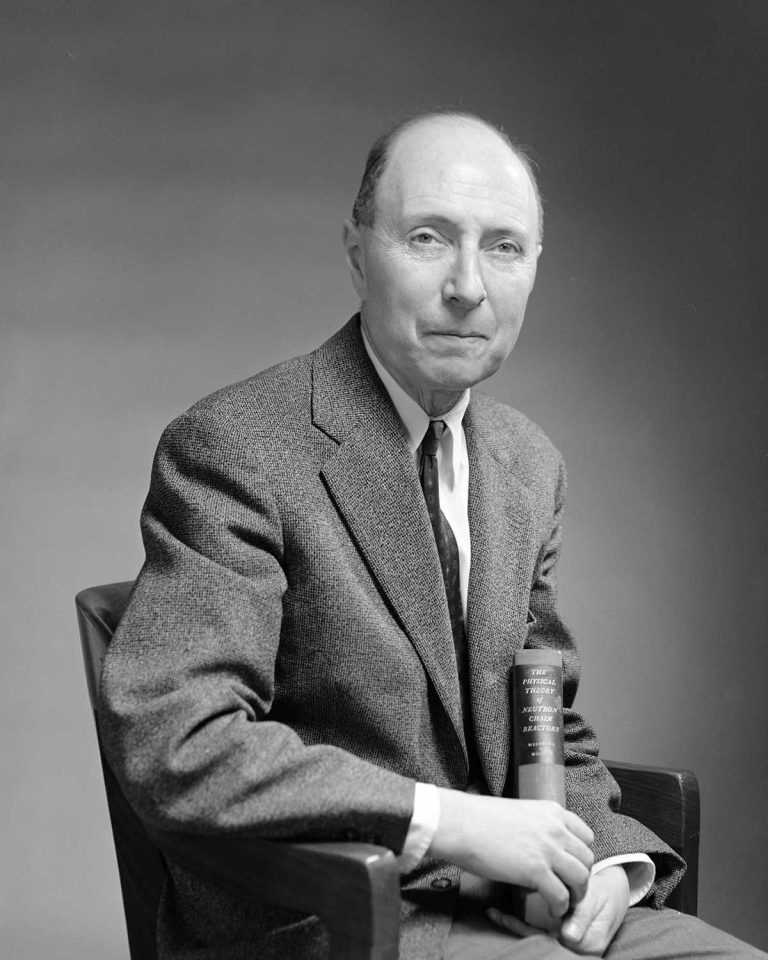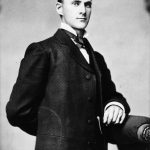Date of Birth: November 17, 1902
Zodiac Sign: Scorpio
Date of Death: January 1, 1995
Biography
Eugene Paul Wigner was a Hungarian-American theoretical physicist and mathematician who played a significant role in the development of quantum mechanics and the theory of atomic nuclei. Born in Budapest, Hungary, Wigner emigrated to the United States in the 1930s, where he made groundbreaking contributions to the field of physics. Wigner’s work laid the foundation for various applications in nuclear engineering and quantum chemistry. He was awarded the Nobel Prize in Physics in 1963 for his contributions to the theory of the atomic nucleus and the elementary particles, particularly through the discovery and application of fundamental symmetry principles. Throughout his career, Wigner collaborated with many prominent scientists, including Albert Einstein, John von Neumann, and Enrico Fermi. In addition to his scientific achievements, Wigner was known for his philosophical reflections on the nature of science and mathematics. He authored numerous books and articles that explored the philosophical implications of quantum mechanics and the role of mathematics in the natural sciences.
5 Interesting Facts about Eugene Wigner
1. Eugene Wigner was one of the first to recognize the importance of symmetry principles in quantum mechanics, which led to significant advancements in the field.
2. He was instrumental in the development of the Manhattan Project during World War II, contributing to the design and understanding of nuclear reactors.
3. Wigner introduced the concept of “Wigner’s friend,” a thought experiment in quantum mechanics that explores the nature of measurement and observation.
4. He was awarded the Enrico Fermi Award in 1958 for his outstanding contributions to the peaceful use of atomic energy.
5. Wigner’s sister, Margit, was married to the renowned physicist Paul Dirac, making him Dirac’s brother-in-law.
5 Most Interesting Quotes from Eugene Wigner
1. “The unreasonable effectiveness of mathematics in the natural sciences is something bordering on the mysterious and there is no rational explanation for it.”
2. “It is nice to know that the computer understands the problem. But I would like to understand it too.”
3. “In the field of observation, chance favors only the prepared mind.”
4. “Physics is becoming too difficult for the physicists.”
5. “The miracle of the appropriateness of the language of mathematics for the formulation of the laws of physics is a wonderful gift which we neither understand nor deserve.”
Highest Net Worth Achieved
While specific figures regarding Eugene Wigner’s net worth are not readily available, his highest net worth was likely in the range of several million dollars, considering his prestigious academic positions, numerous awards, and contributions to significant scientific projects.
Children
Eugene Wigner had two children, David Wigner and Martha Wigner. Both children chose to lead private lives, and there is limited public information available about their personal and professional endeavors.
Relevant Links
3. [Wigner’s Work in Quantum Mechanics](https://plato.stanford.edu/entries/wigner/
4. [Eugene Wigner and the Manhattan Project](https://www.atomicheritage.org/profile/eugene-wigner

